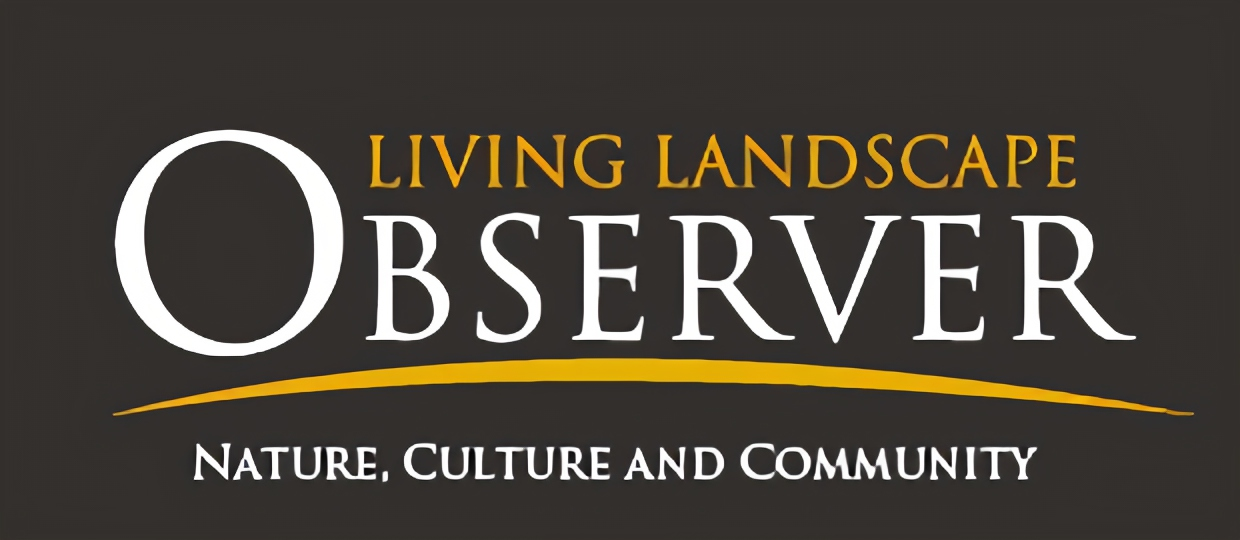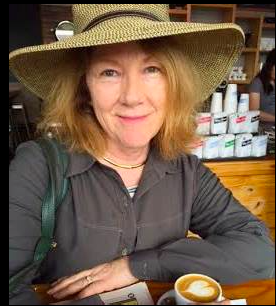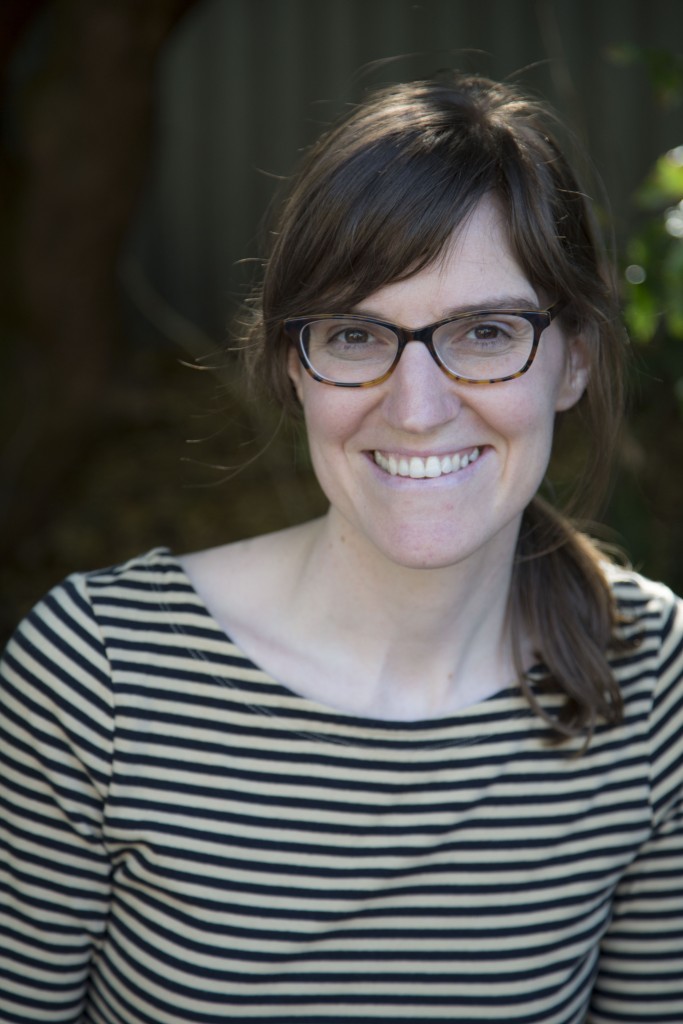To provide observations and information on the emerging fields of landscape scale conservation, heritage preservation, and sustainable community development.
Newsletter
Stay up-to-date with the latest nature, culture and community news.
We won’t spam you or share your information. Newsletters are sent approximately 10 times a year. Unsubscribe at any time.
Mitigation: Now thinking on a Landscape Scale
Lessons in Partnerships along the Appalachian Trail
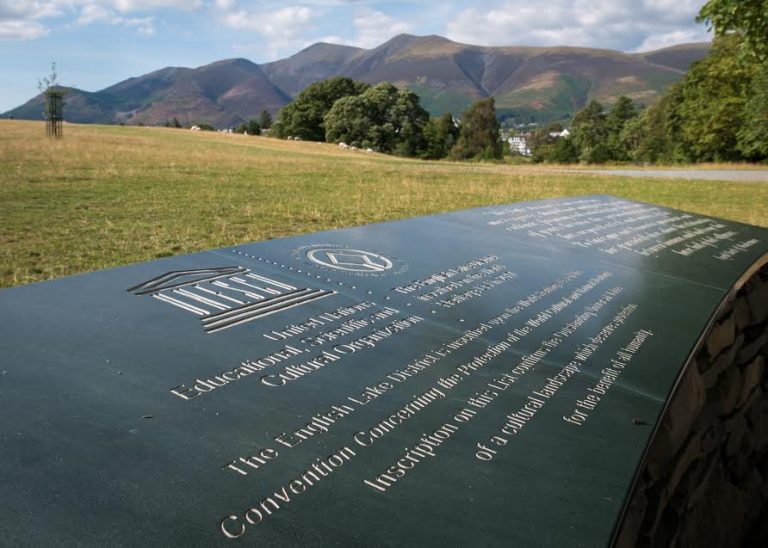
The English Lake District: World Heritage Designation One Year In
It was just one year ago last July 2017 that after many decades of effort the English Lake District was finally recognized as a World Heritage cultural landscape. So how is the Lake District faring one year after designation? In many ways the inscription has not made big changes. The Lake District National Park Partnership continues to play a key role in carrying out its stated mission for the Lake District to serve as: A place where its prosperous economy, world class visitor experiences and vibrant communities come together to sustain the spectacular landscape, its wildlife and cultural heritage.
However, the impact of outside forces specifically Brexit on the region are much more problematic. What will it mean for the country’s agricultural policy? This is critical for the Lake District. As noted in the World Heritage nomination, it is an “unrivalled example of a northern European upland agro-pastoral system”, but also a way of life under tremendous pressure.
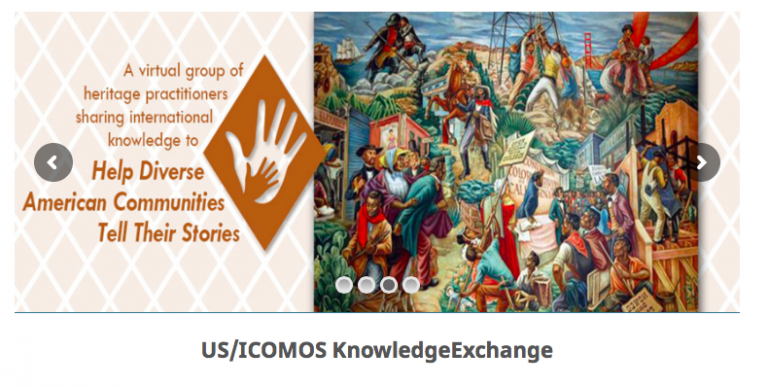
US/ICOMOS Updates and Symposium
The International Council on Monuments and Sites, commonly referred to as ICOMOS, is a non-government organization dedicated to the conservation of cultural heritage sites across the globe. US/ICOMOS was the first of what now number 110 national committees that make up the larger ICOMOS alliance. Find out more about its activities.
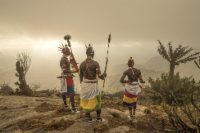
Northern Rangelands Trust: Building Peace and Security for Pastoral Communities
The Northern Rangelands Trust has been working in the remote arid and semi arid lands of Northern Kenya since 2004 to develop community conservancies that approach conservation and biodiversity through building sustainable communities. The Trust has taken a collaborative approach involving local leaders, government entities, and conservation organizations to collectively work with communities to create sustainable enterprise, peace and security, while working to establish an ecological balance between human and wildlife needs.

Shrinking Bears Ears National Monument: What has been Lost
While most people know the outlines of the story, Bears Ears National Monument has been reduced by over 85%, there has not always been a full discussion of what has been lost. At a recent program (April 13, 2018) Bears Ears National Monument and the Future of Our National Monument sponsored by Johns Hopkins University, William Doelle, President and CEO of Archeology Southwest, said it this way “Personally what I see as so important about the Antiquities Act is that it allows landscape scale, protection, preservation and planning… in Bears Ears for the first time the impetus to use the Antiquities Act to establish a monument came from tribal voices.”
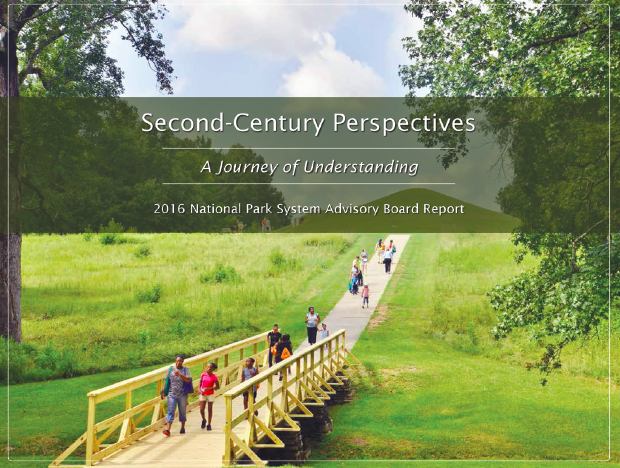
Requiem for an Advisory Board
As 2018 began, a lesser-known but impactful component of America’s national park system, the National Park System Advisory Board, drew national media attention when 10 of its 12 members resigned to protest the refusal of the secretary of the interior to meet with them. Although the board and its activities do not often draw public attention, the mass resignation still “came as a shock,” reported the Los Angeles Times, explaining that “few groups have been closer and more involved in Interior Department policy and management than the National Park System Advisory Board, an appointed and nonpartisan group established 83 years ago to consult on department operations and practices.”

The English Lake District: World Heritage Designation One Year In
It was just one year ago last July 2017 that after many decades of effort the English Lake District was finally recognized as a World Heritage cultural landscape. So how is the Lake District faring one year after designation? In many ways the inscription has not made big changes. The Lake District National Park Partnership continues to play a key role in carrying out its stated mission for the Lake District to serve as: A place where its prosperous economy, world class visitor experiences and vibrant communities come together to sustain the spectacular landscape, its wildlife and cultural heritage.
However, the impact of outside forces specifically Brexit on the region are much more problematic. What will it mean for the country’s agricultural policy? This is critical for the Lake District. As noted in the World Heritage nomination, it is an “unrivalled example of a northern European upland agro-pastoral system”, but also a way of life under tremendous pressure.

US/ICOMOS Updates and Symposium
The International Council on Monuments and Sites, commonly referred to as ICOMOS, is a non-government organization dedicated to the conservation of cultural heritage sites across the globe. US/ICOMOS was the first of what now number 110 national committees that make up the larger ICOMOS alliance. Find out more about its activities.

Northern Rangelands Trust: Building Peace and Security for Pastoral Communities
The Northern Rangelands Trust has been working in the remote arid and semi arid lands of Northern Kenya since 2004 to develop community conservancies that approach conservation and biodiversity through building sustainable communities. The Trust has taken a collaborative approach involving local leaders, government entities, and conservation organizations to collectively work with communities to create sustainable enterprise, peace and security, while working to establish an ecological balance between human and wildlife needs.

Shrinking Bears Ears National Monument: What has been Lost
While most people know the outlines of the story, Bears Ears National Monument has been reduced by over 85%, there has not always been a full discussion of what has been lost. At a recent program (April 13, 2018) Bears Ears National Monument and the Future of Our National Monument sponsored by Johns Hopkins University, William Doelle, President and CEO of Archeology Southwest, said it this way “Personally what I see as so important about the Antiquities Act is that it allows landscape scale, protection, preservation and planning… in Bears Ears for the first time the impetus to use the Antiquities Act to establish a monument came from tribal voices.”

Requiem for an Advisory Board
As 2018 began, a lesser-known but impactful component of America’s national park system, the National Park System Advisory Board, drew national media attention when 10 of its 12 members resigned to protest the refusal of the secretary of the interior to meet with them. Although the board and its activities do not often draw public attention, the mass resignation still “came as a shock,” reported the Los Angeles Times, explaining that “few groups have been closer and more involved in Interior Department policy and management than the National Park System Advisory Board, an appointed and nonpartisan group established 83 years ago to consult on department operations and practices.”
